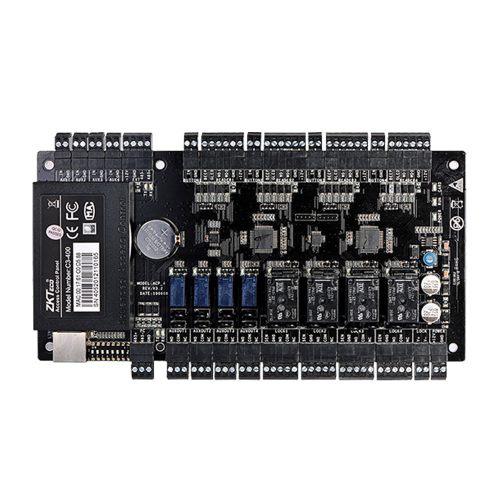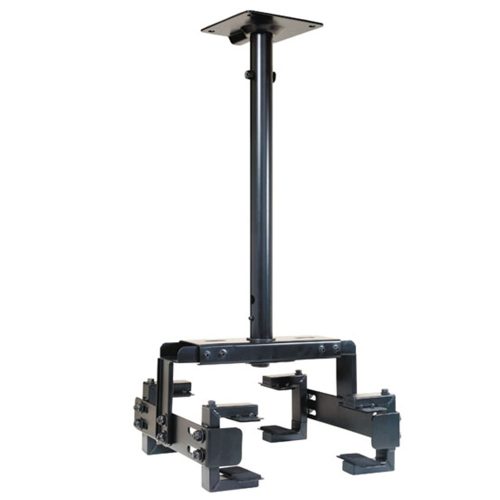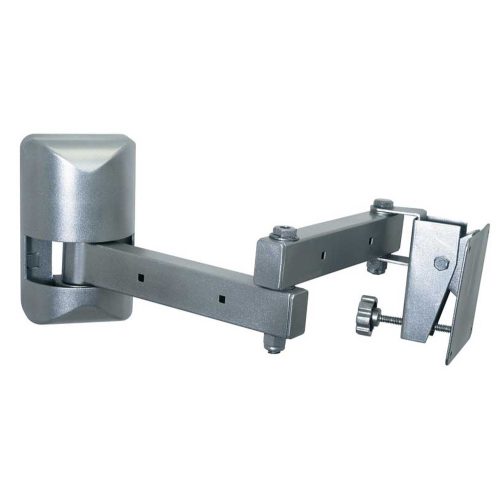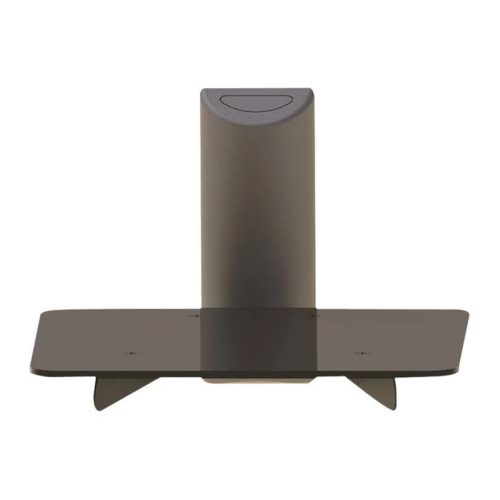The Importance of Carbon Monoxide Detectors for Home Safety
Carbon monoxide (CO) is a dangerous gas that is both odorless and colorless, making it difficult to detect without the proper equipment. This gas is produced when fuels such as wood, coal, gasoline, propane, or oil burn, and it can cause serious health problems if not detected and addressed quickly.
Every year, hundreds of people die from CO poisoning, and thousands more suffer from severe symptoms such as headache, dizziness, nausea, and confusion. This is why it is so important to have a carbon monoxide detector in your home to keep you and your family safe.
In this article, we will discuss the dangers of carbon monoxide, the importance of having a carbon monoxide detector in your home, and what you can do to stay safe.
The Dangers of Carbon Monoxide
Carbon monoxide is a toxic gas that is produced when fuels burn incompletely. This gas can cause serious health problems if it is inhaled, as it interferes with the blood’s ability to carry oxygen. This can lead to symptoms such as headache, dizziness, nausea, and confusion. In severe cases, CO poisoning can lead to unconsciousness and death.
The Importance of Carbon Monoxide Detectors
A carbon monoxide detector is a device that alerts you if there are elevated levels of CO in your home. This device is a critical tool for ensuring your safety and protecting you and your family from the dangers of CO poisoning.
There are several types of carbon monoxide detectors on the market, including battery-operated detectors, plug-in detectors, and hard-wired detectors. When choosing a carbon monoxide detector, it is important to consider the size of your home, the number of floors in your home, and the type of fuel-burning appliances you have.
How to Stay Safe from Carbon Monoxide Poisoning
In addition to having a carbon monoxide detector in your home, there are several other steps you can take to stay safe from CO poisoning.
- Regularly maintain your fuel-burning appliances to ensure that they are functioning properly and emitting low levels of CO.
- Make sure that your home is well-ventilated to reduce the buildup of CO.
- Avoid using portable fuel-burning devices, such as grills, stoves, and generators, in enclosed spaces.
- If you experience symptoms of CO poisoning, such as headache, dizziness, nausea, or confusion, leave your home immediately and seek medical attention.
Conclusion
Carbon monoxide is a dangerous gas that is both odorless and colorless, making it difficult to detect without the proper equipment. A carbon monoxide detector is a critical tool for ensuring your safety and protecting you and your family from the dangers of CO poisoning. By following the tips outlined in this article, you can stay safe from CO poisoning and ensure the well-being of you and your loved ones.






